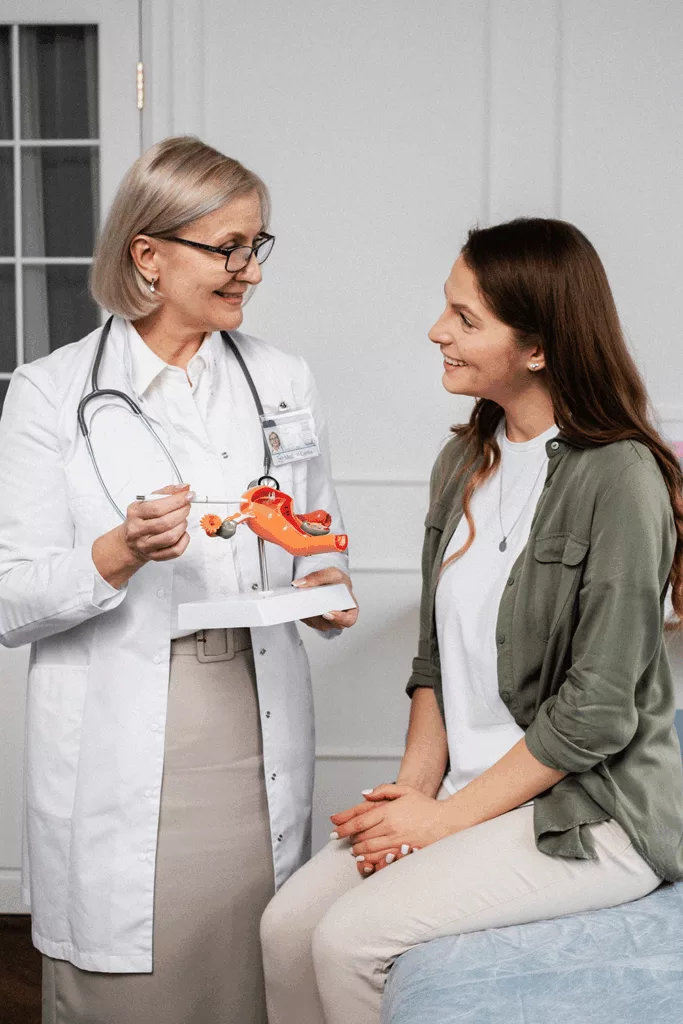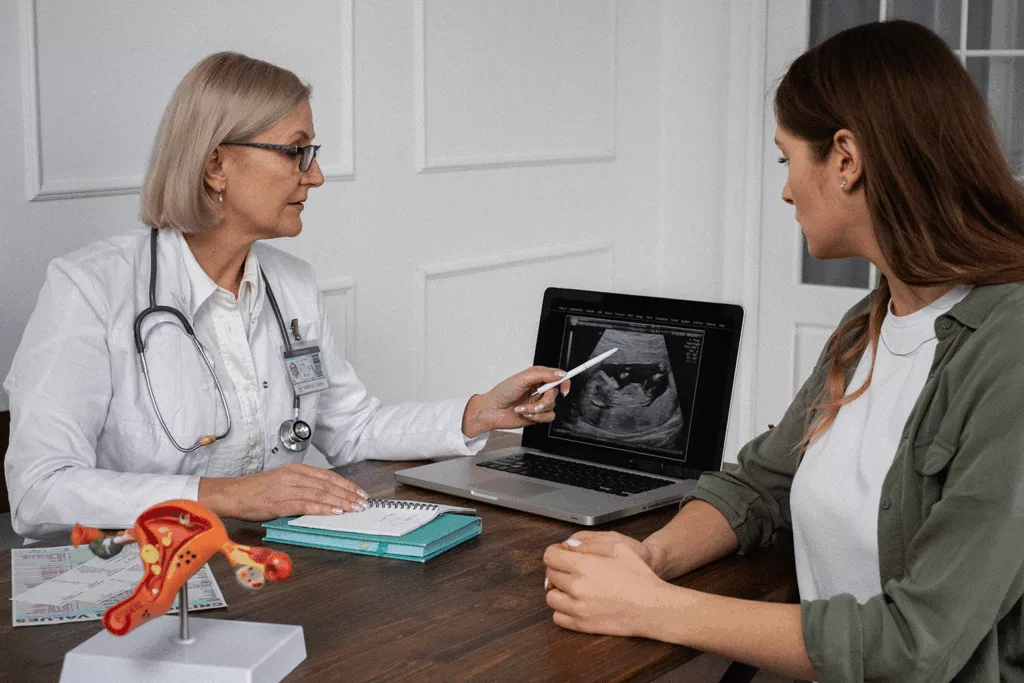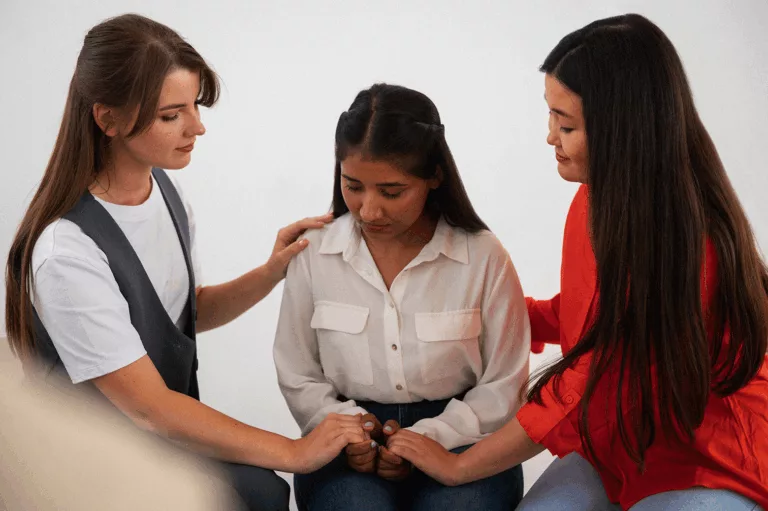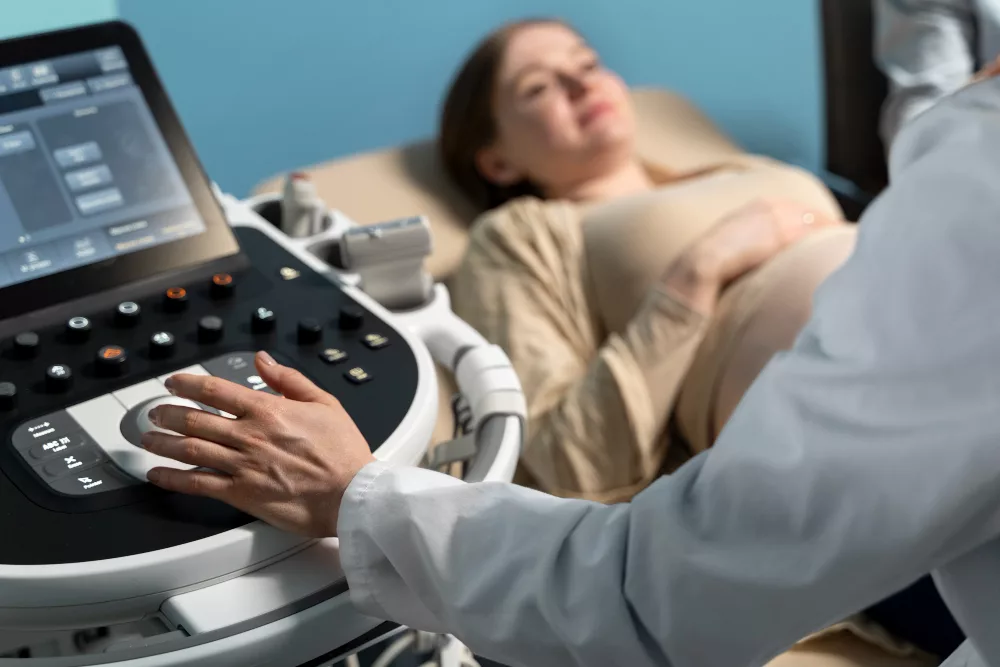The best research package for women - Health under control - Health under control
Wondering what should be included in a test package for women? In this article, you will learn about the key tests that will help you monitor your health and detect possible diseases at early stages. Read on to learn more.
Make an appointment to receive a research package for women:
Contents
Highlights
- Regular preventive examinations are the key to early detection of female diseases and effective treatment.
- Test packages for women should include blood, hormone, and urine tests based on individual health characteristics.
- The choice of a suitable test set should be preceded by a consultation with a doctor, and the patient's current health status should be taken into account.
The importance of regular preventive examinations for women
Regular preventive examinations are very important. They help maintain a woman’s health. They allow detecting many diseases at an early stage, which significantly increases the chances of successful treatment and return to good health. Regular preventive examinations help detect pathologies at early stages, which leads to more effective treatment.
Early detection of potential health risks can significantly increase the effectiveness of treatment. Regular preventive examinations are especially important for women, as many diseases are asymptomatic, and their early detection is crucial for effective treatment. Therefore, do not forget about regular visits to the doctor and diagnostic tests.
Different preventive examinations are recommended for different age groups, taking into account the individual health needs of women. Thus, every woman can benefit from appropriate examinations and consultations for a comprehensive health assessment and prevention of serious diseases at any age.

Research package for women - what it should include

Women’s health check-up packages include various laboratory tests and consultations tailored to individual health needs. It is important that such a package includes blood, hormone, and urine tests that provide a comprehensive assessment of a woman’s health.
In the following sections, we will discuss in detail which blood, hormone and urine tests should be included in the package of tests for women. This will allow each woman to choose the exact set of tests that meets her needs.
Blood tests
Blood tests are an integral part of any women’s examination. The most important blood tests include:
- morphology
- fibrinogen
- glucose
- lipidogram
- other relevant analyzes
Regular blood tests allow you to assess your health and identify possible health problems at an early stage.
Some laboratory test results may be affected by the menstrual cycle, which is especially important for women. Therefore, it is recommended that you consult your doctor to determine the appropriate time for blood sampling so that the results are as reliable as possible.
Hormonal testing
Monitoring female hormones is extremely important, as hormonal disorders can lead to various health problems. Hormone testing is especially important for women over 40, especially in the context of menopause.
The most important female hormones to monitor are TSH, estrogen, and progesterone. Women over the age of 30 should regularly monitor their TSH levels, which is important for hormonal health. To get reliable results, menstruating women should have hormone tests on certain days of their cycle
Urine tests
Urinalysis is important for assessing the condition of the urinary tract and kidneys, and its results can provide important diagnostic information. To obtain accurate results, urine tests should be performed in the morning, as recommended by your doctor.
At blood collection centers, women are advised to take blood and urine tests in the morning, on an empty stomach. This makes the results more accurate and allows for a better assessment of health.
Prevention of women's diseases
Many diseases are asymptomatic, so regular check-ups are necessary for their early detection. Prevention of women’s diseases includes, among other things, mammography, which is recommended for women over 40 years of age as a breast cancer prevention every two years.
The Prevention 40 PLUS program allows women of this age to undergo screening to detect diseases of civilization. After the age of 50, women can take advantage of a free colonoscopy to detect changes in the large intestine.
Regular use of screening packages makes it easier to monitor your health and respond to changes in your health more quickly. As a result, every woman can feel calm and be confident that she is taking care of her health to the best of her ability.

Additional examinations depending on age
Regular medical examinations take into account the different stages of a woman’s life, which is key to disease prevention. Preventive examinations include a wide range of tests and consultations, which allows for a comprehensive health assessment and a visit to the doctor.
When choosing a package of examinations for women, it is important to consider hormonal tests, especially in the context of fertility and menopause. Different screening packages are offered for different age groups. They allow you to tailor them to your specific health needs.
Translated with DeepL.com (free version)
Women 30+
A set of blood tests is one of the most important tests recommended for women over 30. Regular testing for women over 30 is a key factor in monitoring reproductive and metabolic health.
Women 40+
After the age of 40, women have an increased risk of contracting various diseases, which is a serious problem in monitoring their health. Women over 40 are recommended to undergo 20 basic blood tests.
The cost of the examination package for women over 40 ranges from PLN 419.00 to PLN 469.00.
Women 50+
Regular bone density tests are recommended for women over 50 to assess the risk of osteoporosis. The examination package for women over 50 includes blood and urine tests.
How to choose the right research package?
The key factors in choosing a test package are consultation with your doctor and your current health status. It is recommended to purchase one package and additional individual tests for a comprehensive health assessment.
If you order several packages, you should carefully compare the test ranges. It is recommended to prepare for the examination by sufficiently hydrating the body and avoiding intense physical activity in order not to expose the body to negative effects.

Advantages of using training packages
Test packages make it easy to get regular checkups and respond quickly to changes in your health. Sign up for affordable test packages designed for different age groups and genders, which contributes to universal accessibility.
Choosing a test package allows you to conduct a comprehensive health assessment, which is the key to early detection of problems. All tests in the package are performed simultaneously, which significantly saves the patient’s time. Test packages provide quick access to results, which speeds up the diagnostic process.
Test results - how to interpret them
Increased or decreased results can indicate various diseases, so their interpretation is crucial. You should always consult your doctor for proper interpretation of the results and further diagnostic measures.
Bottom line
Thus, regular preventive examinations are the key to maintaining health and early detection of diseases. The screening packages for women offer a comprehensive health assessment and are adapted to different age groups.
The packages are not only convenient but also cost-effective. We encourage all women to get regular check-ups and take care of their health.
Frequently asked questions
Women have the right to basic preventive examinations once a year, including morphology, ESR, blood glucose and complete urine counts, and lipidogram. These examinations should be conducted within the framework of the National Health Service.
Regular preventive examinations are extremely important because they allow you to detect diseases at an early stage, which significantly increases the chances of successful treatment and recovery. It is worth investing time in prevention to improve your health in the future.
The set of examinations for women should include blood, hormone, and urine tests, which allows for a comprehensive health assessment. It is also recommended to include gynecological examinations and mammograms in appropriate age groups.
Women over the age of 40 are recommended to have mammograms, hormone tests, and blood tests to help detect lifestyle-related diseases early. Regular checkups are crucial for health and prevention.